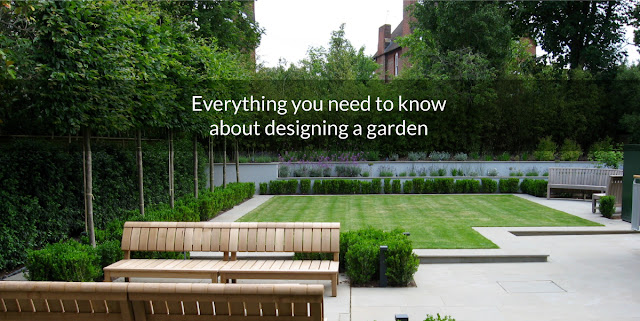What is the best material for playground surfaces?
Playgrounds are a place where you can reminisce about your childhood and have a good time. However, when it comes to selecting the best material for playground surfaces, you want to make sure that you point your clients in the right direction so that they can get the most out of their investment. When children jump or fall, the surface beneath playground equipment such as swings, climbing apparatuses, and other structures may need to double as a "soft landing."
Pea gravel, rubber mulch, and wood chips are three common playground surfaces installed by his landscaping company. Each has advantages and
disadvantages that should be considered when directing your clients.
Pea gravel is used in playgrounds.
Pea gravel will give playgrounds a natural and organic appearance and
will last for years before requiring replacement with a new layer. The fact
that it is a hard surface means that it is not appropriate for the area
beneath playground equipment.
This material might work in playground areas with some basic plant beds
or where your customers don't want to worry about mowing or trimming (such as
along a fence). In other words, if it's not being traversed or played on, this
can be a decorative option.
Rubber mulch is a great option for playgrounds.
Another option is rubber mulch, which is made from recycled tires. It is
a "softer" and less abrasive option for children to play with. It
won't decompose over time like wood mulch, so it could be a cost-effective
option. Another advantage of rubber mulch is that it is usually ADA-compliant.
Rubber mulch does require some maintenance, such as the removal of
weeds, leaves, and sticks on a regular basis. Rubber mulch can compact over
time and will need to be raked on a regular basis.
Rubber mulch should be sprayed with water on a regular basis to remove
dust and dirt that has accumulated on it.
Engineered wood chips for playgrounds
Engineered wood chips are the best choice for a playground surface
for a variety of reasons. They are ADA compliant, slip-resistant, and springy
enough to provide a soft landing, biodegradable, and made from renewable
resources, among other things.
more info: Justin Greer




Comments
Post a Comment